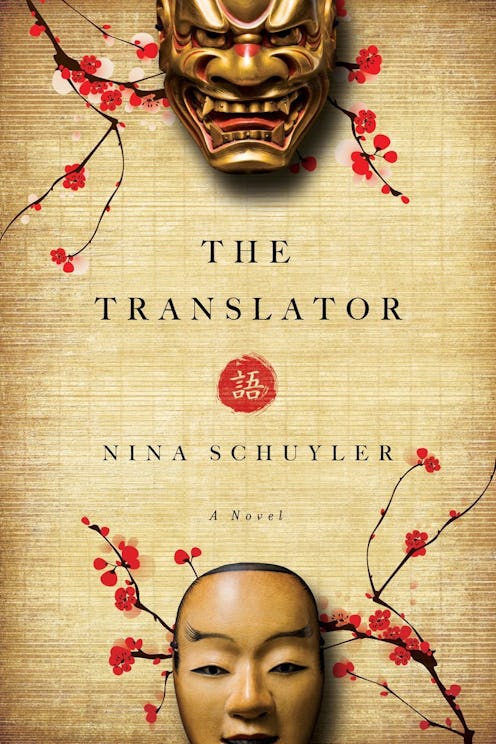Books
Losing the Mother Tongue in Schuyler's 'The Translator'

“Language,” Nina Schuyler writes, “is the umbilical cord to other humans.” In her new novel, The Translator, language is almost a character unto itself. Protagonist Hanne Schubert grew up moving around the world with her parents, mastering languages as she went. As a grown woman, she becomes a respected translator who takes refuge in her work and the peculiarities of language in the face of life’s disappointments: her deceased husband, her son who lives across the country, her daughter she hasn’t heard from in five years. Translating gives her purpose, and gives her peace.
Then, tragedy strikes. A fall down the stairs results in a head wound and a rare but real condition: the loss of her native languages. No longer able to remember English, German, or Dutch, the only language Hanne is left with is Japanese, which she learned much later in life. So she accepts an invitation to speak about her latest translation at a conference in Tokyo and heads across the Atlantic, never suspecting what the trip will really bring.
It isn’t unusual (though it’s always a treat) to come across books that sing a love song to words and the power of writing, but it’s rare to read a novel that looks at language in the way The Translator does. Here language is not about beauty or precision (or rather, not just about that) but rather about connection. Who can we talk to? Who can we not? And how do we bridge the gap between one language and the other? What gets lost along the way?
In this novel, Hanne spends her professional life trying to bridge that gap until one day she can’t anymore. She’s trapped on one side of it. Yet as the experience forces her to come to terms with her life, she has to face that even when she was fully fluent in four languages, she was still cut off from people who matter, especially her daughter, Brigitte. Brigitte shared Hanne’s gift for languages, but their relationship disintegrated during Brigitte’s teen years and now Hanne doesn’t even know where her daughter is living.
Ultimately this novel is about connection, and language serves as the primary way that people connect to one another. It is how we make and maintain relationships, how we conduct our daily lives, how we interact with virtually all other people. If any of us suddenly found ourselves, like Hanne does, unable to speak our primary language, it would leave us cut off, isolated, alone. And like Hanne, we might be forced to reevaluate our lives.
Hanne’s journey is almost the inverse of what you would expect. As a polyglot, she is detached. As a woman who only knows one language, she begins to reach out again. For Hanne, translating is a way of trying to represent truth, to bring it from one language into another. Without multiple languages to work with, Hanne must face up to her own truth and find a way to put it into words that matter.
Language is the umbilical cord to other humans, but only when you use it. This novel shows the importance of communicating and what happens when that communication breaks down, either through drastic loss of language, or just the ordinary, everyday ways we fail to open up to the people we love.